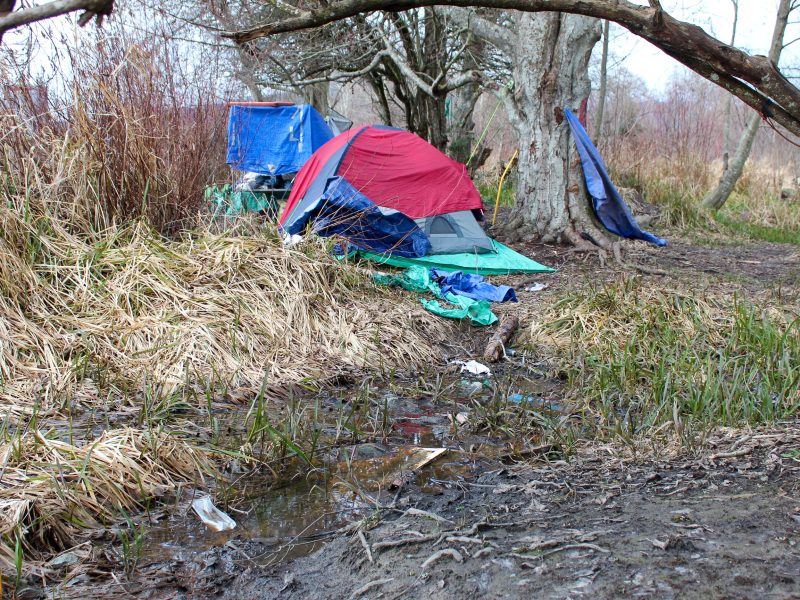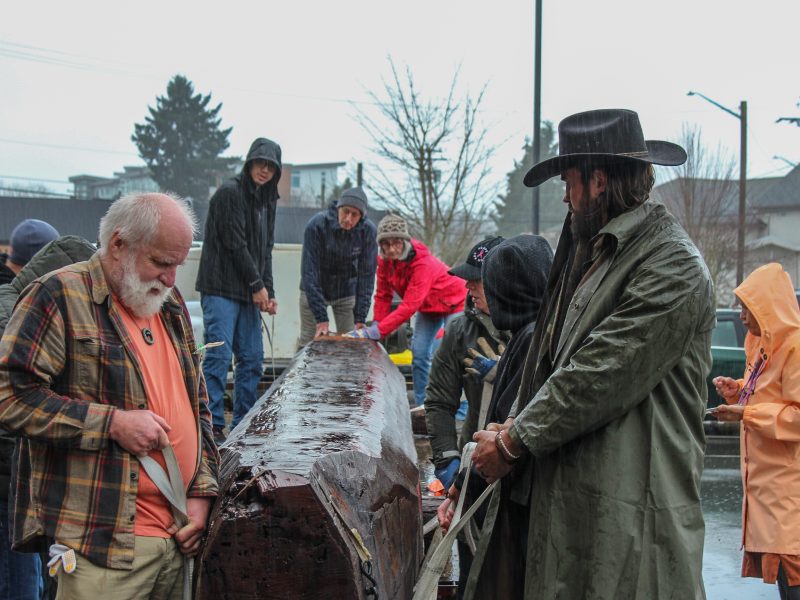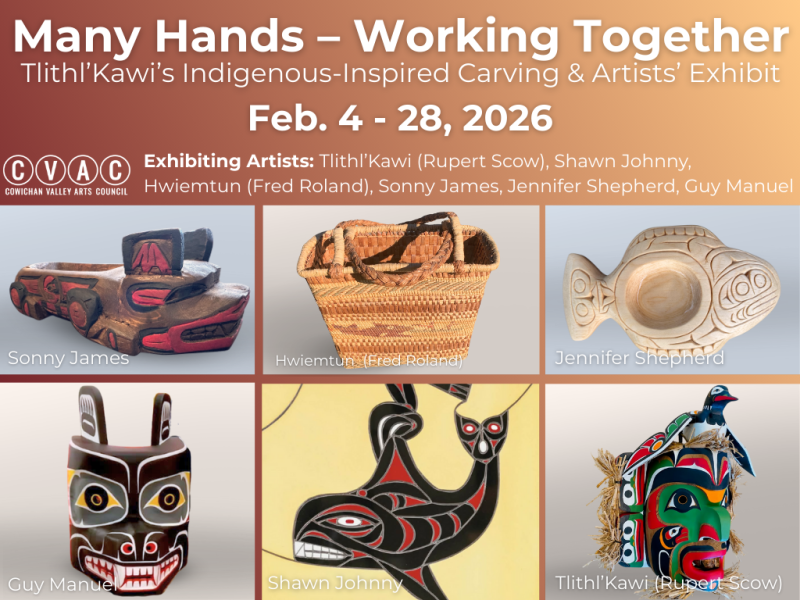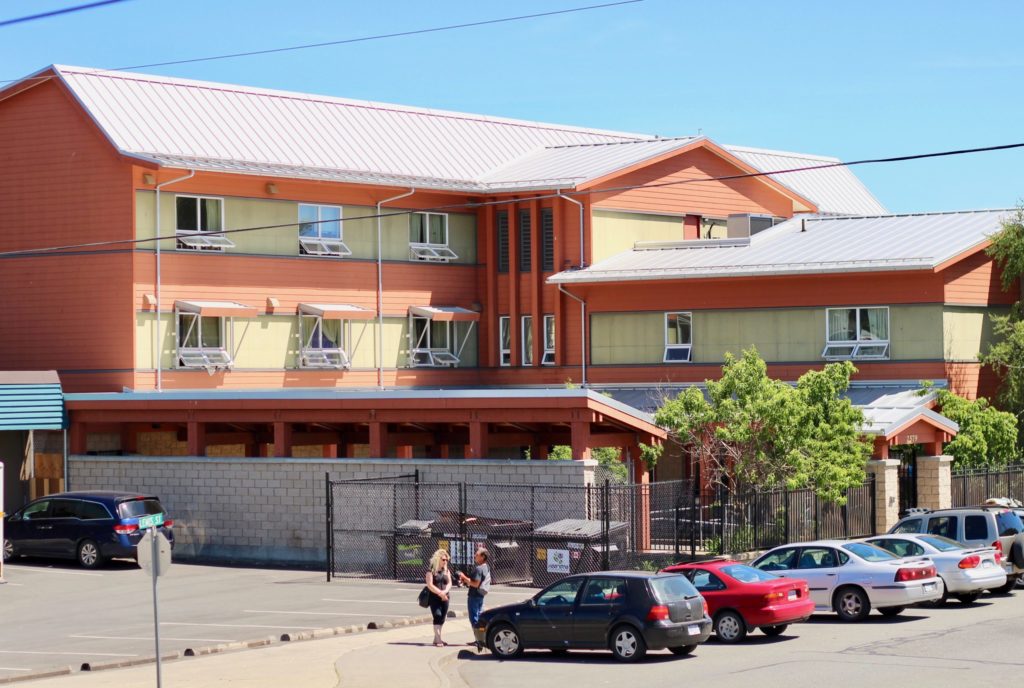
After a year of making changes to its policies and operations, the Cowichan Valley branch of the Canadian Mental Health Association is no longer on probation. The BC Division of the CMHA voted on June 26 to lift the probation that it had imposed in May 2020 after an external investigation into complaints found misconduct and mismanagement at the local branch.
Several of the actions relate to a commitment towards reconciliation through Indigenous leadership and partnerships, which was a key recommendation of the investigation report. Since the probation, the branch has hired its first Indigenous executive director, trained staff on cultural safety and strengthened relationships with local First Nations.
“Based upon the progress made by the branch to date, probation status is no longer in effect,” reports Jonny Morris, CEO of CMHA BC. He says that the branch has addressed all the areas of concern identified in the investigation, including board oversight, housing practices and policies, and relationships with key partners.
Morris provided advice and support for the branch throughout the probation that lasted a little more than a year. He says that he has been impressed by the branch’s committed staff and the leadership of Lise Haddock, who was hired as executive director in September 2020. “We have respect for what the branch has done and is continuing to do,” he says. “It’s a testament to Lise.”
Changes winning over critics
Patricia Dawn of the advocacy group Red Willow Womyn’s Society was among the complainants involved in the investigation. Today, she is full of praise for how the branch has turned things around since Haddock’s hiring in September.
“What they’ve done in nine months and the possibilities that have been created is really exciting,” Dawn says.

The branch’s commitment to using a rights-based lens, the restoration of relations with Cowichan Tribes and the growing involvement of Indigenous people are long overdue, according to Dawn. She says that the problems stemmed from the branch’s “deep colonial entrenchment.”
Now a champion of the local CMHA branch’s change in direction, Dawn says she would like to see it receive greater funding for its programs and more support in the overall community for its work.
“CMHA has come up out of the water; it was drowning,” she says. “And now there’s the possibility of land, but we have to pull back the camera, and look at the community and the support around what CMHA is doing. … Discrimination against homelessness and addiction is epidemic in our community. It disables that possibility of creating sustainable change and inviting those vulnerable people to rise beyond where they’re at.”

‘Refresh, reset and redesign’
Haddock is the first Indigenous executive director of the local CMHA branch, founded in 1992. She says that she viewed taking over an organization on probation as a learning opportunity, a chance to “refresh, reset and redesign.”
“We have rebuilt CMHA BC’s confidence in the Cowichan Valley branch,” she says. “It’s not through talking about it, it’s through tangible results, and it’s about significant changes organizationally in the standards of practice and policy and procedures.”
The first step was developing a strategic plan with the input of program managers, Haddock says. The plan, which is still being finalized, outlines the organization’s new direction and enhances accountability, transparency and the delivery of services.
Haddock says she has restructured the branch’s management structure to be less hierarchical and more collaborative. Using a shared leadership model has resulted in improved internal communications and better opportunities for team building, she reports.
“I feel pretty darn proud of the managers and staff that are working for CMHA because they have navigated through some pretty rough waters prior to my coming here,” she says. “And we seem to be paddling together and going in the right direction.”
Promoting cultural safety
It’s a top priority to have the branch be a “culturally safe” organization, Haddock says.
Thanks to funding from CMHA BC, all program managers and members of the counselling team have completed an eight-week training course on Indigenous cultural safety. “What has resulted is an increased focus on the rights and needs of Indigenous people, and that whole piece around the importance of being culturally sensitive, culturally aware and being really cognizant of how you are in relationship with other people,” Haddock says.
Haddock explains that while she can’t provide details due to privacy concerns, the branch is supporting Indigenous people harmed in cases that were part of the investigation. “We have stayed connected with those people and we have made amends,” she says. “Those individuals are struggling, but they have not been left behind.”
The branch has also developed an anti-racism statement that is posted in all its buildings as well as in policy manuals and letters of employment. She says it’s part of the branch’s commitment to reconciliation.
“We’re really working at decolonization within the organization, and taking a look at not only in programs and services but also in recruitment and retention of staff,” she says. “I like to talk about ‘reconcili-action,’ instead of reconciliation. So how do we do that work so it’s not just about bringing Indigenous people onboard, but also about creating partnerships?”
Haddock cited several partnership projects with local First Nations, including opening an extreme weather shelter for eight weeks in partnership with Cowichan Tribes for the first time in the branch’s history. The branch is also partnering with Cowichan Tribes on a Housing First for Youth initiative. As well, the branch recently signed a four-year contract to continue to provide Malahat Nation with services for youth groups and is also doing co-ordinated outreach to support at-risk Malahat youth, Haddock says.
Overhaul of the CMHA housing program
The provincial investigation called for a “thorough review and redesign” of the transitional housing program after finding misconduct by staffers and problems with the branch’s housing policies and practices.
According to Haddock, housing policies and procedures have been revised to improve the culture of the housing program and protect the rights of clients. The branch has developed a process and documents to clearly outline the rights and responsibilities of clients, she explains.
“They’re much more transparent. They’re accessible to staff, they’re accessible to clients and people know the lay of the land so that there can’t be any misinterpretation,” she says.
In another change, the branch has eliminated the position of housing manager and replaced it with a transitional care co-ordinator, Haddock says. She explains that the new role is designed to help people staying at the Warmland House shelter develop “moving forward plans” to get them on a path out of homelessness. That path may include eventual housing at one of the 23 transitional apartments at Warmland or the 10 transitional housing units managed by CHMA in the community.
“Moving forward plans are concrete, they’re developed jointly and they give people direction,” Haddock explains. She says the branch has been working with the Cowichan Housing Association on expanding services and accommodations for clients “as they get well.”
A commitment to good governance
One of the three complaints reviewed during the investigation was made by an unnamed former board member who “alleged unfair treatment and a failure to engage in a respectful resolution process.”
Haddock says that the branch has since developed a process to respond to external as well as internal complaints, including dispute resolution procedures that “ensure fairness.” She adds that the branch has made a commitment to ongoing governance training. According to Morris, CMHA BC will be leading a training on governance best practices in the coming months for board members of the Cowichan Valley branch.
There have also been some changes to the board’s composition since the investigation was completed.
Last spring, Elder Joe Norris of Halalt First Nation was appointed to the local CMHA board. He is currently on leave from the board for personal reasons.
Haddock says she is excited about fresh perspectives brought by two board members who have come onboard during her tenure. She says that Cowichan Tribes treaty manager Melissa Bellamy provides “lived experience and understanding,” and Laurie Harding brings expertise in cultural competency and organizational development.
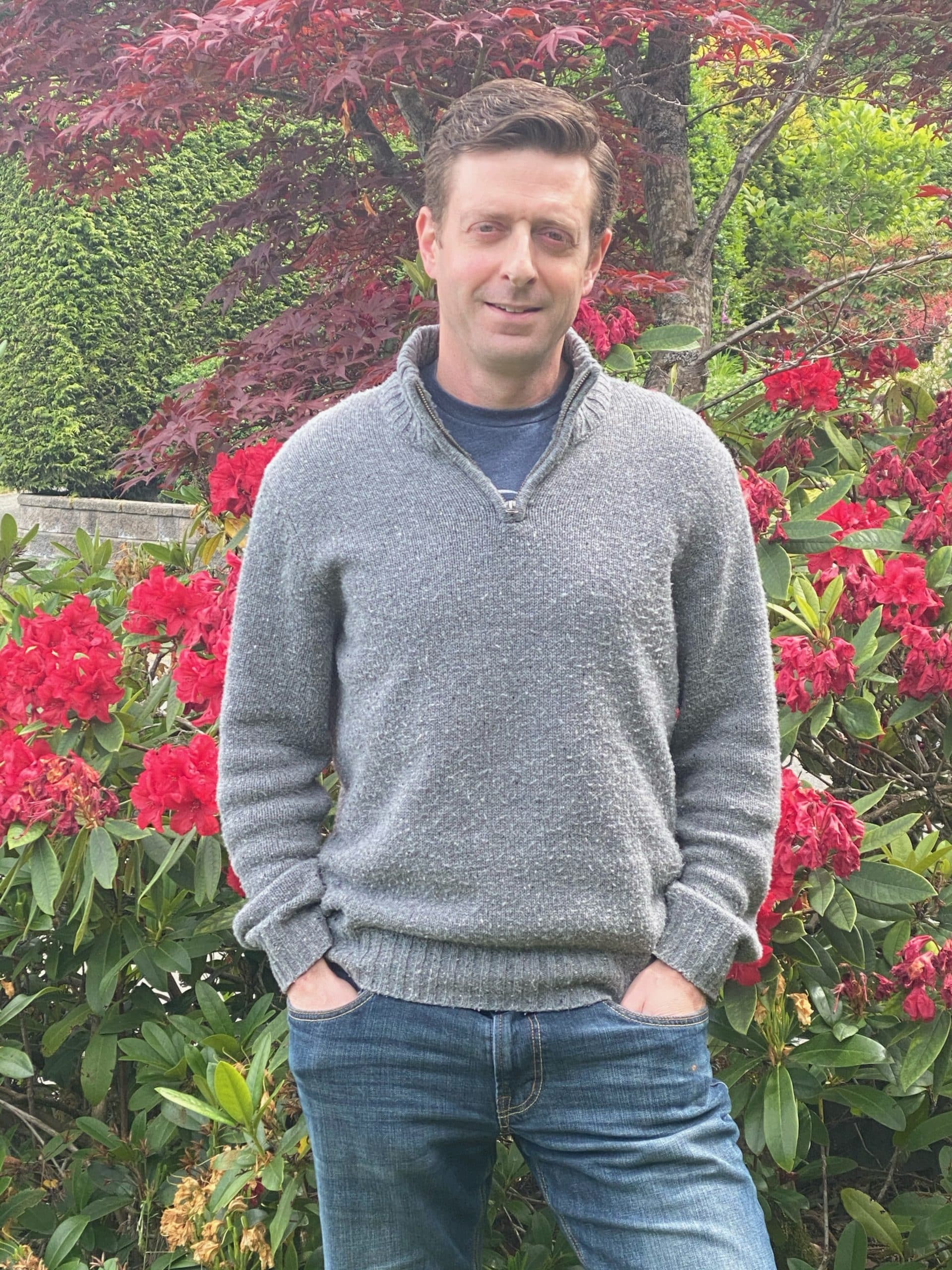
Bruce Farquhar became board president in December after the resignation of two board members, including board president Cathy Schmidt. “We’ve made some really good changes from a less-than-ideal situation originally, but it’s been a great opportunity to grow and really improve our services,” Farquhar says. “We’re definitely headed in a very positive direction, I think, for everyone.”
‘An essential service’
“CMHA in Cowichan is an essential service,” says Morris, of CMHA BC. “It relies upon the trust of the community, it relies upon the trust of its clients, it relies upon the trust of its funders. That’s the only way it can operate,” Morris says. “They’ve made steps forward in building trust, … which is so critical given the range of services that it provides to people experiencing real vulnerability and marginalization in the community.”
The lessons learned at the branch will benefit CMHA operations throughout the province, he says. “The situation in Cowichan has really compelled all of us to think through our commitment and also our actions in response to truth and reconciliation, our commitment to anti-racist work and our commitment to serving the full diversity of the people we serve as well as we can.”
The Cowichan Valley branch of the CMHA issued its annual report in late June. Haddock says the branch is trying to get the word out about its changes on social media and in community presentations, the latter of which have been limited due to COVID-19 restrictions.
“Sometimes it can be challenging because there’s a lot of fear and there’s a lot of unknown around the work that we do,” Haddock says. “The visibility and the credibility of CMHA is going to increase as people get to know who we are and what we’re doing.” [end]

